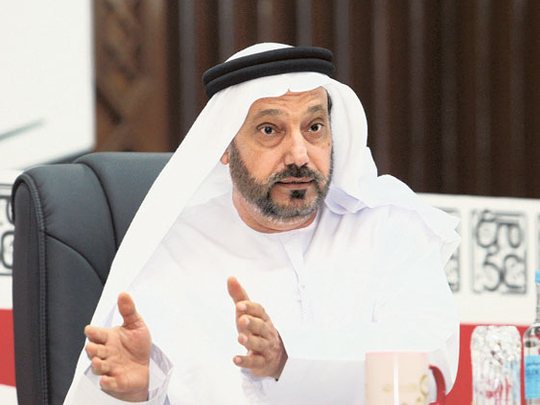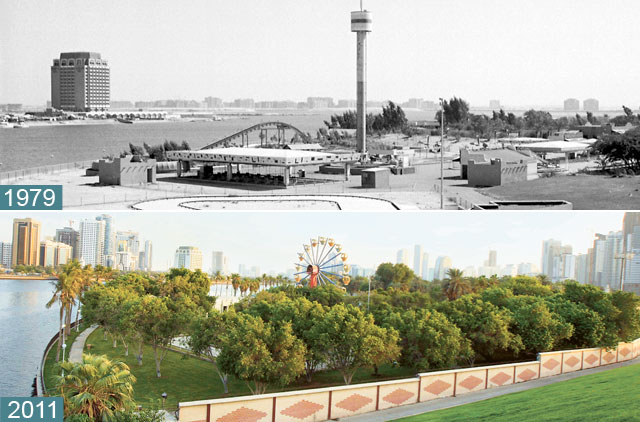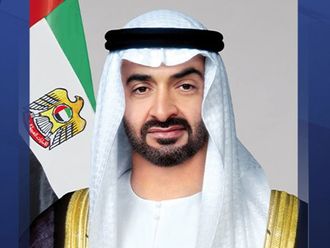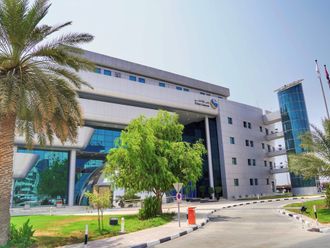
Abu Dhabi: The chief of the Federal Supreme Court, the highest court in the country, is looking forward to a more independent justice system.
"We aspire for the independence of the UAE's judiciary, administratively and financially, to keep it away from the other branches of government," Dr Abdul Wahab Al Abdul told Gulf News yesterday.
Dr Al Abdul said that while the UAE's justice system was fairly better than that of almost all other Arab countries, he continued to look forward to a legal system with independent administrative and financial autonomy.
He suggested that the justice system be presided over by a judicial council of judges entirely independent of the Ministry of Justice.
Dr Al Abdul called for revision of the law on the UAE judiciary to achieve this.
Historical phases
"The UAE's justice system is quiet old, probably as old as human beings [have] lived on this land," Dr Al Abdul said as he reviewed the historical phases of the system since the old ages through to the present day.
The UAE's legal system was ranked first in the Middle East and North Africa and 13th in the world by the World Justice Project.
Dr Al Abdul said the UAE's justice system is based on civil and Islamic Sharia law and committed to delivering justice equally and proficiently to every citizen and foreigner — regardless of one's race, religion or gender.
The World Justice Project's Rule of Law Index 2011, which covers 66 countries, ranked the UAE seven places above the United States, which ranked 20th.
The Federal Supreme Court (FSC) derives its authority from the 1971 Constitution, which asserted the independence of the judicial system.
However, it operates under the Ministry of Justice, while remaining a fairly separate entity. The judges of the court are appointed by the President of the State.
Dr Al Abdul did not find a problem in the dual local-federal judicial system, especially after the establishment of the Judicial Coordination Council, whose mandate is to prevent conflicting rules between the various local and federal courts across the country.
Beyond dealing with appeal cases and federal crimes, the Federal Supreme Court also handles inter-emirate legal affairs.
It is mandated to challenge rulings that do not adhere to the constitution.
Dr Al Abdul said the court's mission is based on delivering justice equally and proficiently.
"My hope is that we will maintain justice and that the world will continue to see us as a just country. It is set in our Constitution that Arabic is our language, Islam is our religion and that Sharia is a source of justice," he commented.
"The lawmakers refer to all of these values to make the laws. Much of our legal system in the UAE comes from Sharia. But, there are certain... laws and certain rulings that do not apply to non-Muslims," he added.
‘Cultures and religions'
"This court is of the view that Sharia is strictly for Muslims. We have not had any trouble upholding our laws despite the challenge of various nationalities with different cultures and religions, who live in the country."
Dr Al Abdul stressed that the court's duty is to uphold the Constitution.
"It makes no difference if the person is Arab, non-Arab, Muslim or non-Muslim because at the end, this is a court that enforces the law for all."
The constitution mandates the Federal Supreme Court to define the law by passing judgements.
In cases where lower courts are mistaken or have misinterpreted the law, it is the Federal Supreme Court's duty to review the appeal and, in some cases, overrule the lower courts.
Core principles
Although the core principles of law in the UAE are drawn from Sharia, most legislation is comprised of a mix of Islamic and European concepts of civil law, which have a common root in the Egyptian legal code established in the late 19th and 20th centuries.
In addition to specific legal legislation covering agencies, company law, labour law, and intellectual property, the UAE has enacted civil and commercial codes. Dr Al Abdul said the UAE has succeeded in the development of a comprehensive and structured legal system.
With 24 judges, including five Emiratis, from throughout the Arab world, the Federal Supreme Court handles about 25 cases per day.













